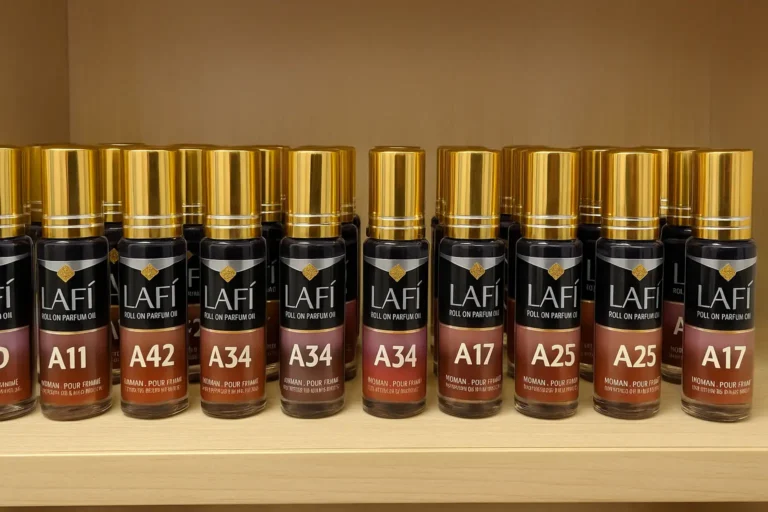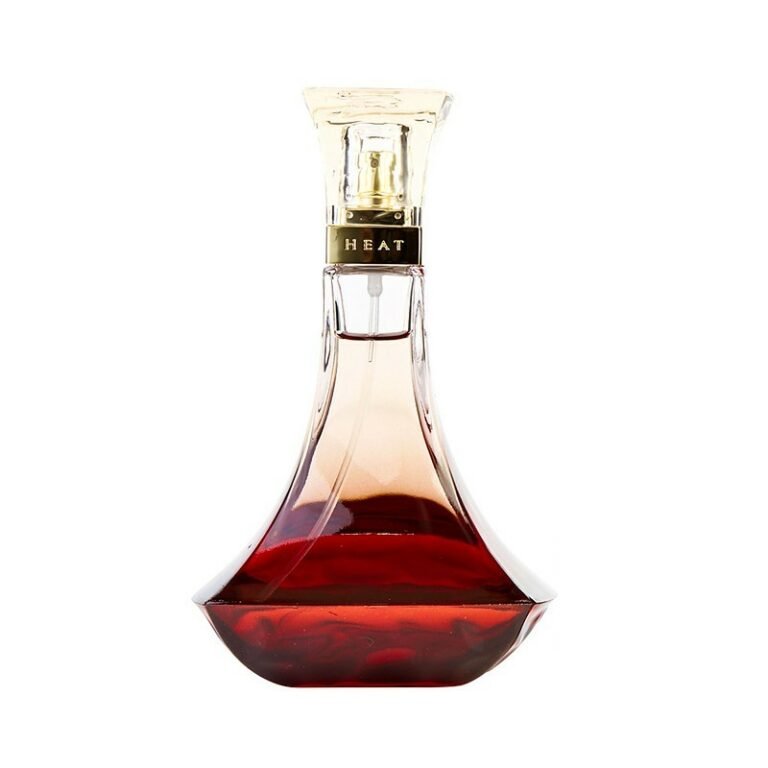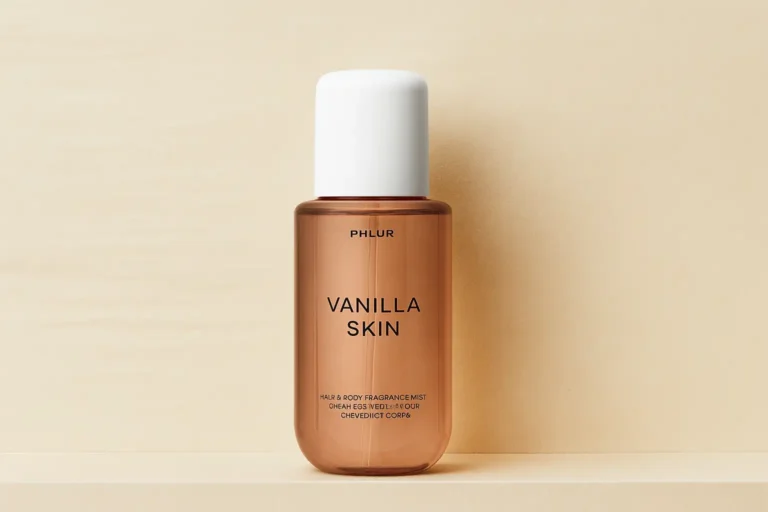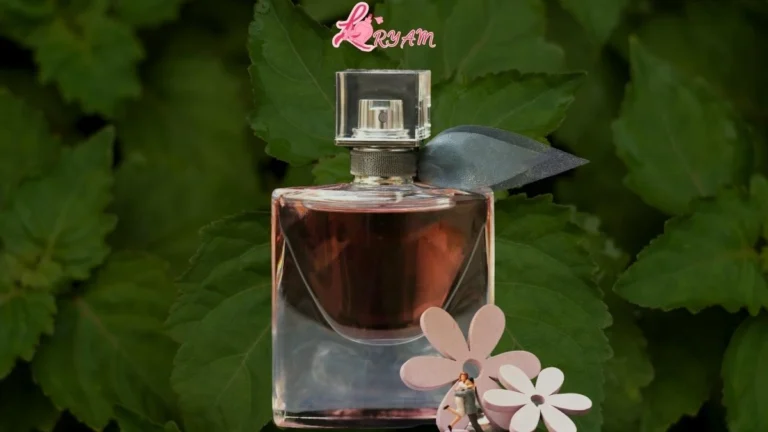Perfume Glossary & Terminology: Key Fragrance Terms You Need to Know
Why Learn Perfume Terminology?
Understanding perfume glossary and terminology is essential for anyone who wants to fully appreciate, select, and discuss fragrances with confidence. Whether you’re a perfume beginner or a seasoned enthusiast, knowing key fragrance terms will help you make informed decisions and elevate your scent experience.
- Make better perfume choices: Find scents that truly match your style.
- Improve your fragrance reviews: Easily express your perfume experiences.
- Expand your perfume knowledge: Understand the industry’s complexities.
Essential Perfume Terms (A-Z Glossary)
This clear, alphabetical perfume glossary provides concise definitions of essential fragrance terms:
- Accord: A blend of fragrance notes creating a distinct aroma.
- Base Notes: The longest-lasting notes forming the fragrance’s foundation.
- Chypre: A perfume family known for earthy, mossy, woody scents.
- Dry-down: The final scent phase experienced hours after application.
- Eau de Cologne (EDC): A light fragrance concentration (2-5% perfume oils).
- Eau de Parfum (EDP): A perfume with moderate-to-high concentration (15-20% oils).
- Eau de Toilette (EDT): A lighter perfume type, typically 5-15% oils.
- Fixative: Ingredients that stabilize and prolong perfume longevity.
- Gourmand: Fragrances inspired by sweet, edible aromas (vanilla, chocolate).
- Linear Perfume: A scent that remains consistent without distinct transitions.
- Middle Notes: Heart of the perfume appearing after the top notes fade.
- Niche Perfume: Limited-production fragrances, often artisanal and exclusive.
- Olfactory Fatigue: Nose blindness or inability to detect scents after prolonged exposure.
- Projection: How far a perfume’s scent travels from the wearer’s skin.
- Reformulation: Changes in a perfume’s formula due to ingredient availability or regulations.
- Sillage: The trail or aura a perfume leaves behind.
- Top Notes: Initial scent impression, typically evaporating quickly.
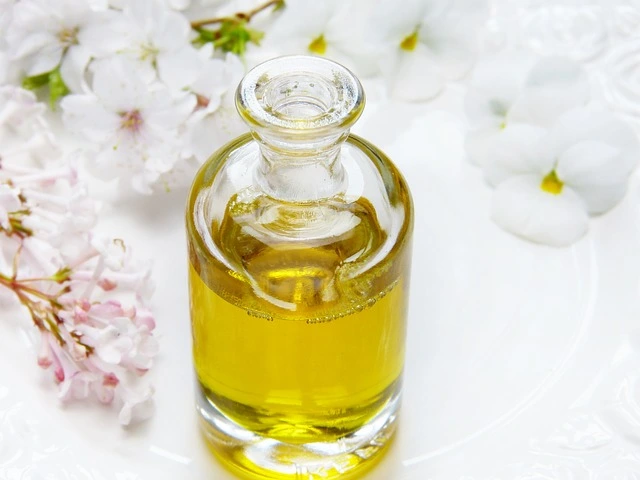
Perfume Fragrance Pyramid Explained
Fragrances are structured in three distinct layers called the fragrance pyramid:
Top Notes:
- Last 15-30 minutes.
- Examples: Citrus (bergamot, lemon), fresh herbs (lavender).
Middle Notes (Heart Notes):
- Last 2-4 hours.
- Examples: Florals (rose, jasmine), spices (cinnamon).
Base Notes:
- Last 4-12 hours.
- Examples: Woods (sandalwood), musk, vanilla.
Perfume Fragrance Notes Explained: Top, Middle, and Base Notes (Complete Guide)
Understanding Perfume Concentration Terms
Perfume concentration determines fragrance strength and longevity:
- Parfum (Extrait): Highest oil concentration (20-40%), longest-lasting.
- Eau de Parfum (EDP): 15-20% oils, excellent longevity, everyday wear.
- Eau de Toilette (EDT): 5-15% oils, lighter and fresh for casual wear.
- Eau de Cologne (EDC): 2-5% oils, ideal for refreshing, short-lived scent.
- Eau Fraîche & Body Mist: Very low concentration (1-3%), subtle and brief.
Read More : Perfume Concentration Explained
Advanced Perfume Vocabulary for Enthusiasts
Explore advanced perfume terminology to deepen your fragrance appreciation:
Sillage vs. Projection:
- Sillage: lingering scent trail left by a fragrance.
- Projection: How far the scent radiates initially from your body.
Dry-down Phase:
- The final stage when base notes are fully revealed, hours after application.
Perfume Layering:
- Combining multiple fragrances or scented products to create a unique scent profile.
Linear vs. Non-linear Perfumes:
- Linear: consistent scent; Non-linear: distinct scent evolution.
Reformulation Meaning:
- Adjustments in perfume recipes, often impacting scent or performance due to ingredient regulations or availability.
How Knowing Perfume Terms Enhances Your Perfume Buying Experience
Learning perfume glossary and terminology greatly enriches your fragrance selection process. It helps you:
- Clearly understand fragrance descriptions.
- Easily navigate reviews and recommendations.
- Confidently communicate preferences with sellers or enthusiasts.
- Accurately identify and purchase perfumes aligned with your personal style.
FAQs On Perfume Glossary & Terminology
What Does 'Sillage' Mean In Perfume?
Sillage is the scent trail or aura left behind by a perfume as the wearer moves, indicating how noticeable the fragrance is to others.
What Is The Difference Between Niche And Designer Perfumes?
Niche perfumes: Limited production, artisanal fragrances with unique scents. Designer perfumes: Widely available scents produced by fashion brands, often mass-marketed and mainstream.
What Perfume Terms Describe Longevity?
Base notes: Last longest (4-12+ hours). Fixative: Ingredients prolonging scent duration. Perfume concentration: Higher concentrations (EDP, Parfum) offer extended longevity.
What’s The Meaning Of Fragrance Accords?
A fragrance accord is a combination of multiple notes blended to create a unique scent profile or effect, such as a citrus accord or a woody accord.
What Does Eau De Parfum Mean?
Eau de Parfum (EDP) indicates a fragrance concentration with 15-20% perfume oils, offering strong longevity (6-8 hours) and noticeable sillage.
Understanding perfume glossary and terminology is essential for perfume lovers. It empowers you to confidently explore fragrances, articulate your scent preferences, and enjoy perfumes at a deeper, more informed level.

